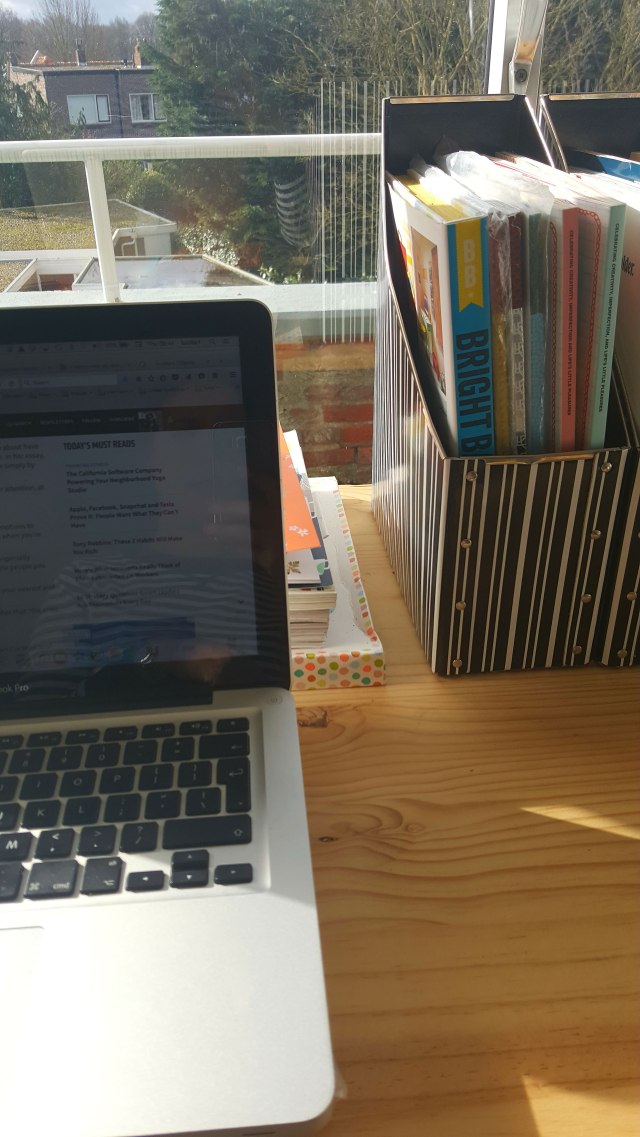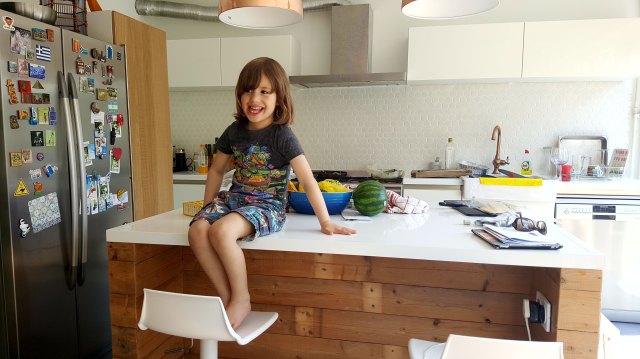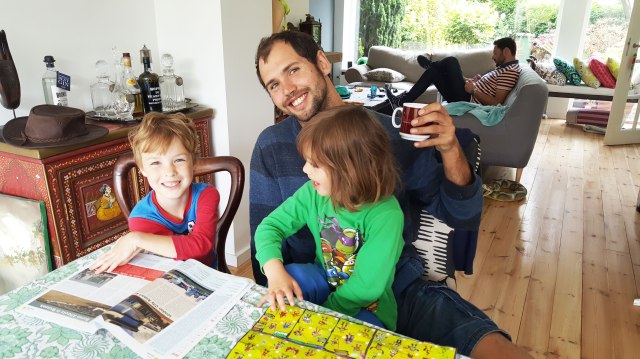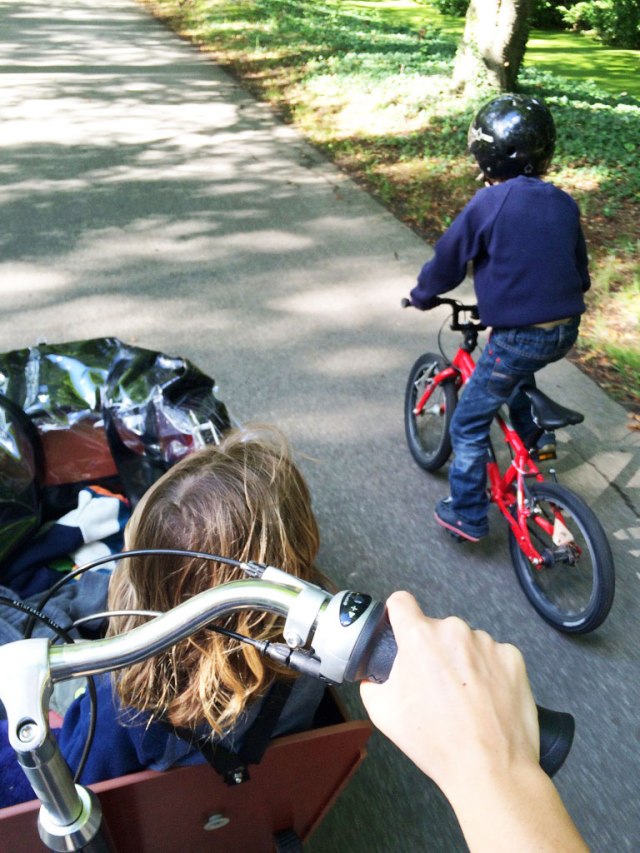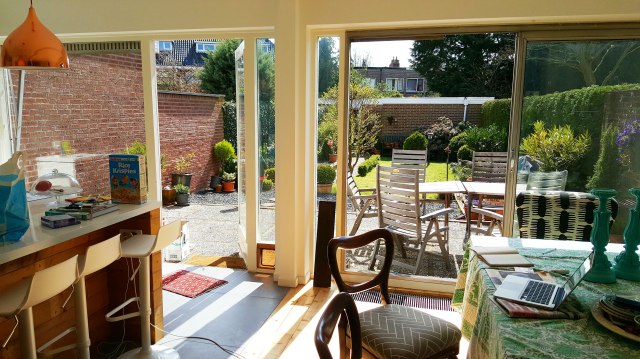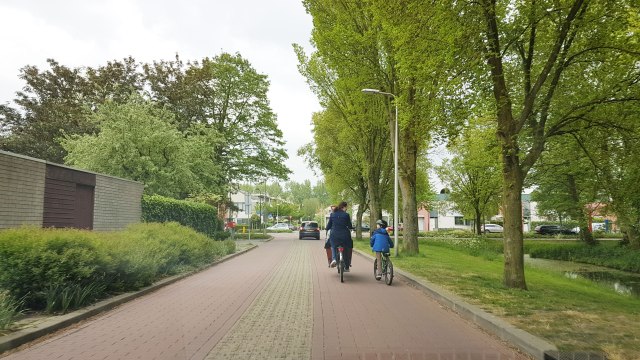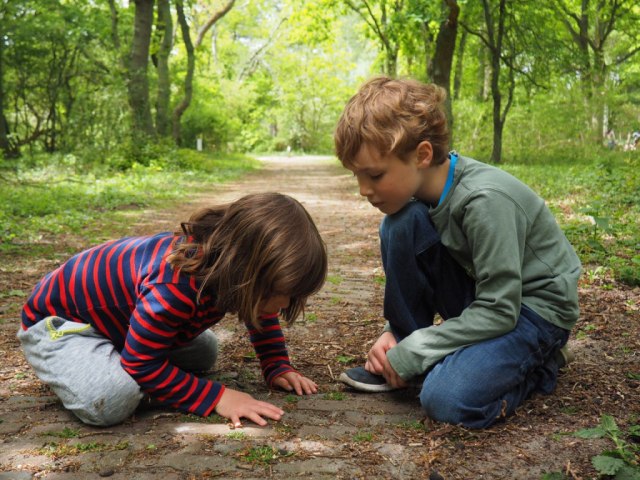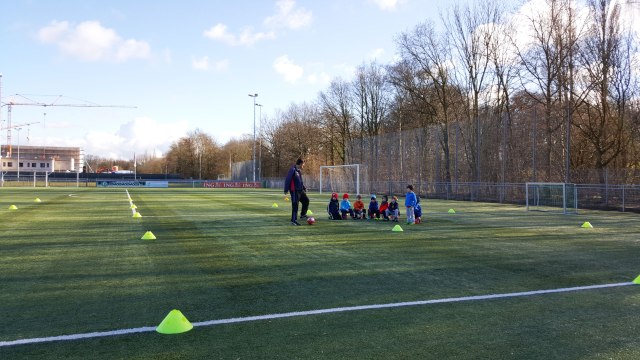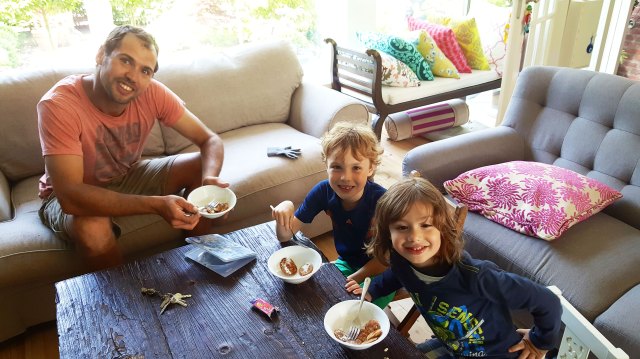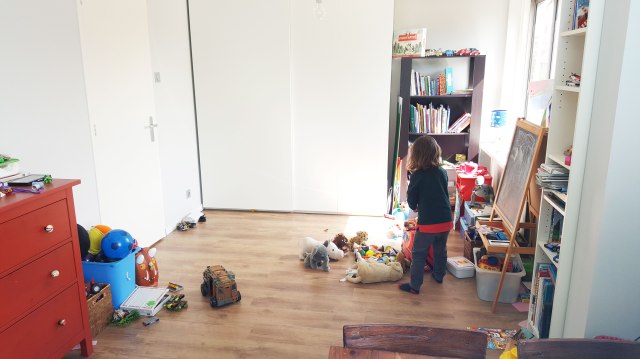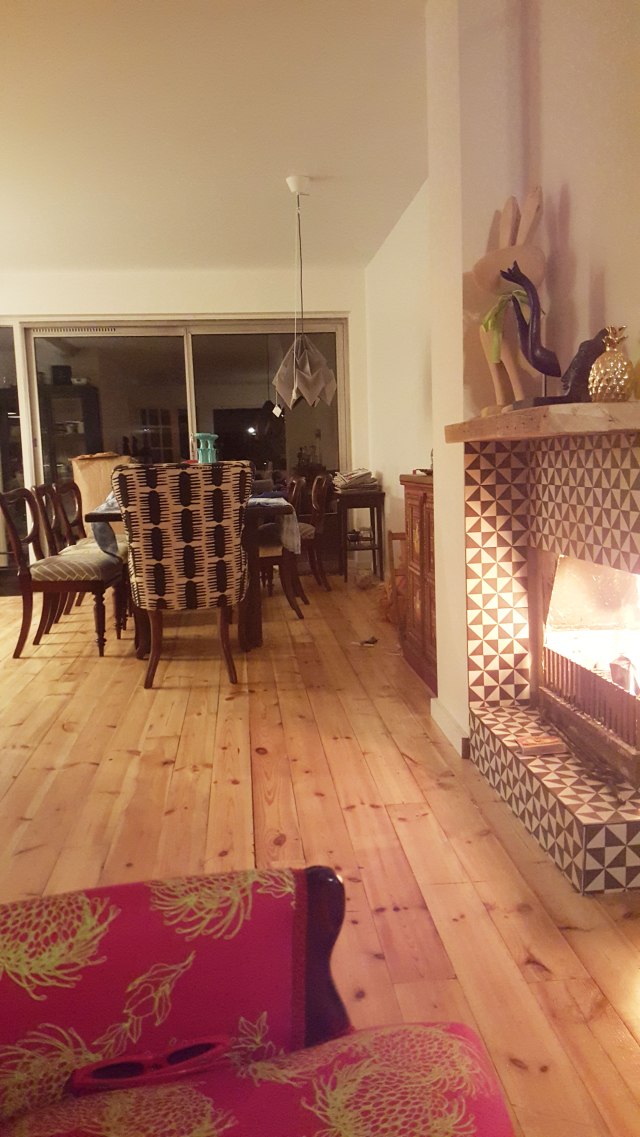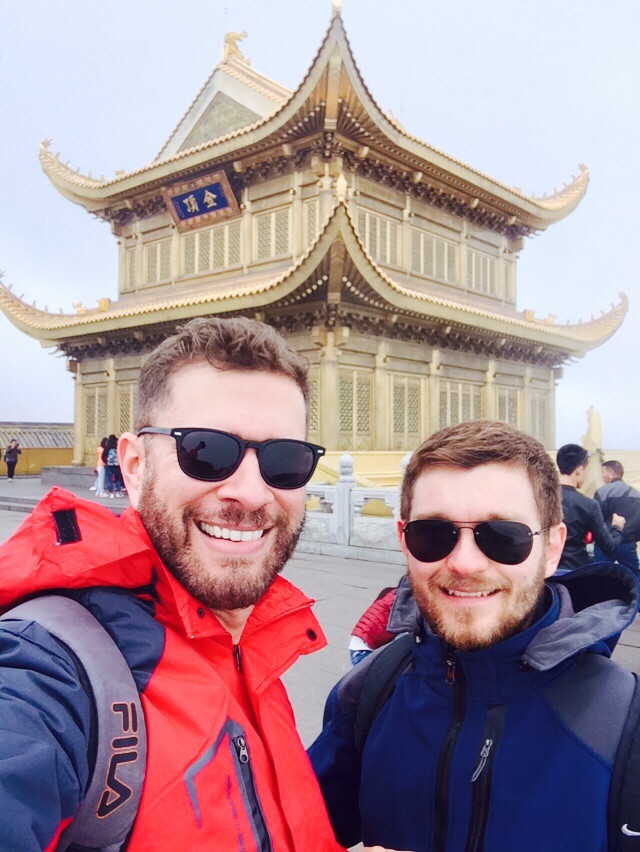Welcome to the fourth post in my blog series looking at an average day in the life of an expat. Today we are off to Saudi Arabia, where we hear from the Ersatz Expat. It’s always interesting to hear about life in some of the places we might think of as “difficult” – only to realise that actually it’s not so different from anywhere else. Read on to find out more….
———————-
Clara sent out a call for guest bloggers a little while ago. I have been meaning to write a post about the normal day to day existence we have as expats in KSA (Saudi) and it seemed to be a good fit for a guest blog. With that in mind I kept my ‘phone with me for Thursday 9 June to document my normal day.
We have been living in KSA for 2 ½ months and really starting to settle in and get into a routine. We are still, however, in the transit house (we hope to move soon), are expecting our shipment imminently and are still waiting for our pets to arrive from Malaysia so I fully expect the routine to change shortly. Indeed I hope it does as I can’t wait to get the pets here and it would be lovely for Mini EE to have her own bed in her own bedroom and not have to put up with the travel cot in ours.
Ramadan arrived last week which has also had an impact on our daily routine. The children have a later start at school, a much more civilised 08.30 compared to the awful 07.30 and shops, restaurants etc are shut until after sunset in theory and after 21/22..00 in reality.
06:30
Mr EE’s day starts a little earlier than ours, he has to be in work for 07.20, he will usually bring the children in to school with him (he is their Headmaster) but there is little point in them going in early to sit around doing nothing. Instead they can get up a little later and have breakfast at home.
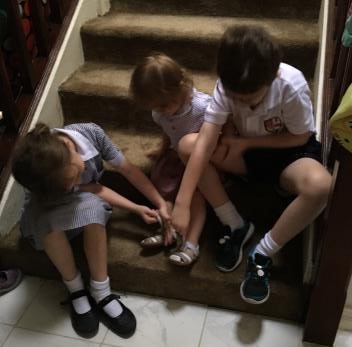
08:15 Once the older children have eaten, tidied and made their lunch boxes Master and Miss EE help Mini EE to put her shoes on and pack her bag for ‘school’ (she goes to the school Crèche every day).

The school is next to our compound and the two are connected by a door so the older two children can come and go as they wish and I don’t need to wear an abaya when I do the miniscule school run. Master and Miss EE sometimes take themselves to school in the morning but they often prefer to walk with Mini EE. They are desperate to be allowed to take her to school on their own, perhaps when she is 4 years old….

08:45 After dropping Mini EE at crèche I aim to fit in some exercise. This is an activity that is often more avoided than engaged with, but I have been pushing myself to do more. Some days I go for a swim, the compound has two pool areas and both are quiet, other days I take myself to the gym and go for a run. I prefer to run outside but the only suitable space is the school athletics track which is out of bounds during the school day (for obvious reasons). This morning I went for a swim, I have been doing about 30 lengths a time but the pool is only short so I aim to get this up to 60 and then 100 in the next few months.
09:45
After my swim and a wash and dress I tidied the house and put the laundry on. The older children are responsible for keeping their rooms tidy, Miss EE does this rather more successfully than Master EE but the rest, other than the two days we have someone in to help, is down to me. We are hoping to employ a full time maid in due course but this is a long way down the list of things we need to sort out.

10.30 After cleaning and tidying I hung up the washing and then allowed myself a 5 minute coffee break before starting work. I would love a job here in Saudi but with all the hassle of the move and all the things still to sort out I decided to wait until after the summer to search for a job and, of course, a work permit. In the interim I freelance through Upwork and get paid into our UK account. The transit house has no space for a home office so I tend to work at the dining room table, it is not really ideal but much better than perching the laptop on my knee. If we move to a larger house I will be able to get a desk, either in our bedroom or on the upstairs landing. Malls open at about 10 so I sometimes get a taxi to one of the many close to our compound if I need to pick up essentials, I won’t bother during Ramadan as daytimes are a little dull.

12:00 At around lunchtime I start preparations for the evening meal. This house has no stairgates and Mini EE has learned to climb out of her temporary play pen so prepping early gives me a chance to get everything set up and ready to go later on in the day. This means that if the older two decide to go out I am not cooking while keeping an eye on Mini EE. Today I made a tomato and mozzarella salad and put some chicken breasts in the oven to roast. I often need to pick up some extra bits and pieces (milk, eggs etc) at the compound shop and if I do I generally go about this time.

He stocks a basic range of vegetables, fruit, dairy products and snacks and is handy for top ups between big shops. I rarely eat breakfast or lunch during the week so will often pick up a biscuit or bar of chocolate when I go over. They stock my favourites, Stroopwafels, a Dutch caramel biscuit and I eat far too many of them to be healthy (you can see a pack behind my computer).

The compound is teeming with cats (I even wrote a blog post about them here). Most of them are semi feral. Some are friendly but they are all endearing. A stunning Van style cat lives near the shop and will often come over to say hello when I pop over, probably in the hope that I will drop a morsel for him.

I bake a loaf of bread fresh every day, flat Arabic bread is lovely but useless for sandwiches or toast and while there are very good French bakeries that do lovely bread, I can’t get there on a daily basis. I can get plastic sandwich loaves in the corner shop but I don’t like the taste or texture so I brought my bread machine back from a recent trip to the UK. I have been working my way through the various different recipes that came with the machine. So far the thumbs up have gone to the plain loaf, the pesto and pine nut loaf, the cinnamon raisin and the tomato focaccia. The soft rolls (which mix in the bread maker then cook in the oven and which I stuff with feta and herbs or olives) are another particular favourite.

Today I simply made a garlic pizza bread to go with supper and then put a plain loaf on to bake. In between I was able to do a little more work.

14:00 By the time I finished preparing the supper and the second batch of bread the children were due back from school. I usually walk over to get Mini EE from crèche about 14:00. By the time we have said our goodbyes to the teachers it is around 14:10 or school leaving time. We walk back past Master and Miss EE’s building, sometimes we catch them, sometimes they are waiting for us at home. The older two like to take about 30 minutes to relax, have a drink of water and play with Mini EE before getting changed and doing their prep or any extra work that I give them at home. Miss EE has reading every day and will often read her assigned books to her younger sister. I didn’t manage to get a photograph today but here is one from a few weeks ago (when, for some inexplicable reason she decided to do her reading in her bedroom).

I love baking and Miss EE enjoys helping me. Sadly the oven in our last house was an absolute disaster and made baking a near impossibility. The oven here is a little slow but is a great improvement and means that we can enjoy cake again. I usually bake a loaf cake so that the children can take slices to school in their lunch boxes but today I decided to do something different. I had seen a Betty Crocker Ramadan advert for rose and pistachio cupcakes (made using something called cake mix!) and thought that with a bit of playing around I could emulate those with a normal homemade cake batter. The experiment worked first time, the cupcakes were a great success and something I think I might add to my regular baking repertoire.
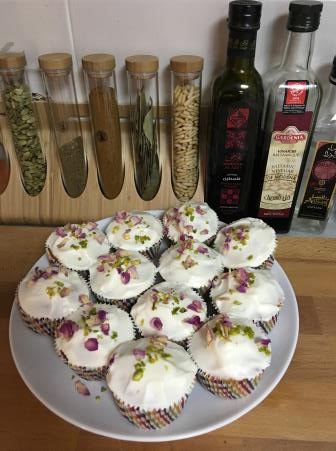
17:00 The cakes had cooled enough to be iced and sampled (with a pot of rose flavoured tea of course).
Normally Thursday nights are our heavy grocery night. Mr EE finishes work on time and we get his driver to drop us off at one of the big malls. We usually grab a burger (Hardees, an American chain, are our current favourites) during sunset prayers then we pop into the supermarket just before night time prayers and browse in relative calm (the supermarket does a ‘lock in’ during prayers). We can also pick up any clothing items the children need, browse for new books etc in the other shops in the mall. Ramadan has put this Thursday ritual on hold. As luck would have it, Mr EE and I had been invited to a goodbye party for someone from another company that he has been working closely with so we would not have been able to get groceries anyway.
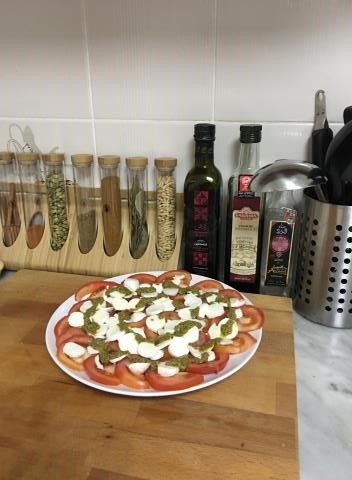
18:00 The babysitter arrived. I dressed the salad, warmed the bread then cut the pieces of chicken I had roasted at lunch time before putting them into some pasta with pesto and cream to make supper for the children then quickly got ready to go out.

18:45 The party was off site (you can just see my abaya over my left arm in the picture). It was a good chance to catch up with Mr EE who had been very busy at work, he was hardly home all week and due to be working most of the weekend. It was also a good opportunity to meet some more people. I am always keen to extend our circle beyond work and our immediate compound wherever possible.

19:15 The party was not far away but Thursday nights are the start of the weekend and the roads are normally crazily busy. A week before we had gone to the same venue and the journey had taken us almost an hour. This time around the roads were almost deserted for iftar (break of fast at sundown). A few people were handing out or selling water for those who had not made it home on time. Most of our friends who are fasting say that not eating is not a problem at all but they find the not drinking very, very difficult. Our journey was so quick that we arrived early.

22:30 Tired from a long week we left the party early (Jeddah is a night life city and gatherings and parties, particularly during Ramadan, can go on until the not so early house). The event was quite close to one of the Jeddah landmark hotels which the children and Mr EE think looks like Avengers HQ. The lighting is certainly quite spectacular although my ‘phone did not do it justice.
Thank you to the Ersatz Expat for this glimpse at her daily life – that bread from your breadmaker looks so familiar from our days in Pakistan! I also love the look of those cupcakes…. Please check out the other posts in this series by clicking here, and in the meantime if you would like me to feature a day in your expat life please leave a comment below or email me [email protected].

